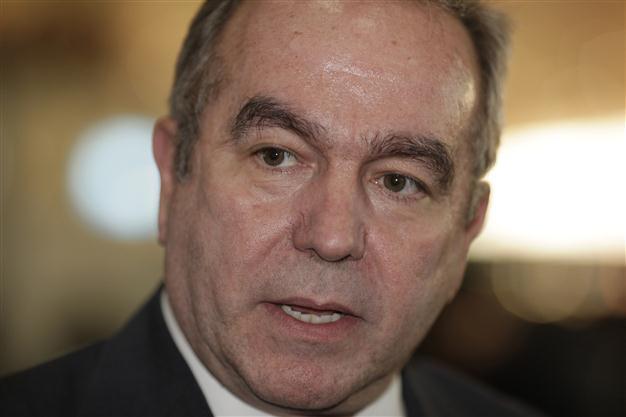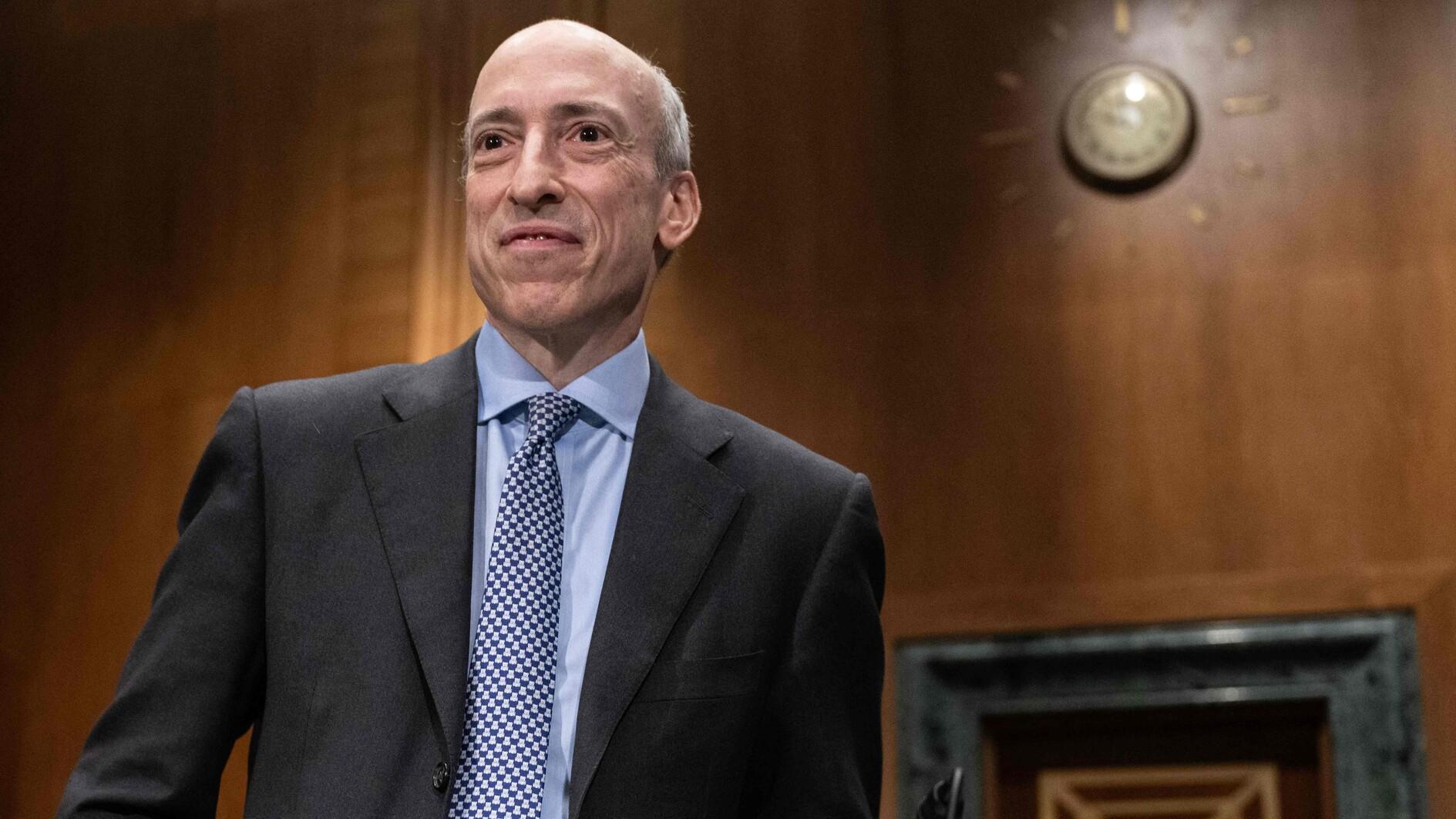US urges against 'provocations' after Kim Jong-Il death
BEIJING - Agence France-Presse

U.S. Assistant Secretary for East Asian and Pacific Affairs, Kurt Campbell speaks to journalists at Beijing airport before leaving to South Korea on Wednesday Jan. 4, 2012 in Beijing, China. AP Photo
US diplomat Kurt Campbell on Wednesday urged "all parties" to refrain from "any provocations" after North Korean leader Kim Jong-Il's death, as he left China, where he met foreign ministry officials.Campbell, the assistant secretary of state for East Asian and Pacific Affairs, is the first US diplomat to visit China -- North Korea's closest ally -- since Kim died from a heart attack on December 17.
"We both underscored how important it will be over the course of the coming months to maintain very close contact between Washington and Beijing," said Campbell, who met vice-foreign ministers Zhang Zhijun and Cui Tiankai.
"I indicated that we would be closely monitoring the situation there and that we urged all parties to cautiously deal with the situation and to refrain from any provocations," he said, according to a US embassy statement.
Kim's death has sparked concerns over the stability of the isolated, impoverished nation, which has alarmed its neighbours and Washington with its nuclear and missile programmes.
South Korea said Wednesday that provocations by North Korea were possible during the power succession to Kim's untested son Jong-Un, who has already been hailed as "great successor" and appointed military chief.
The two Koreas have remained technically at war since their 1950-53 conflict ended only with a ceasefire.
Hopes that cross-border tensions might ease have so far not materialised and some analysts believe Kim Jong-Un, aged in his late 20s, may try to bolster his credentials by staging a limited border incident.
The new regime has already vowed retaliation against Seoul for alleged disrespect during the mourning period for their late leader, and vowed never to deal with its current conservative government.
The United States is hoping to work with North Korea, and Washington has made contact with Pyongyang's UN mission in New York as it tries to determine whether to offer food assistance or schedule future talks with North Korea.
Six-nation denuclearisation talks -- chaired by China and involving the two Koreas, the United States, Japan and Russia -- have been at a standstill since the last round in December 2008.
Campbell said both the United States and China -- which has already officially endorsed Kim Jong-Un as it seeks to ensure stability in the isolated nation -- shared a "strong determination to maintain peace and stability." He added he had discussed US Secretary of State Hillary Clinton's recent visit to Myanmar -- also a key ally of China -- which has made tentative steps at reform by opening talks with the opposition and ethnic minorities.
Campbell said he also talked about Chinese Vice President Xi Jinping's upcoming trip to the United States with Cui -- who will be visiting Washington later in 2012 for a US round of Asia-Pacific consultations.
Campbell next goes to South Korea and Japan before he returns to Washington on Saturday.
















